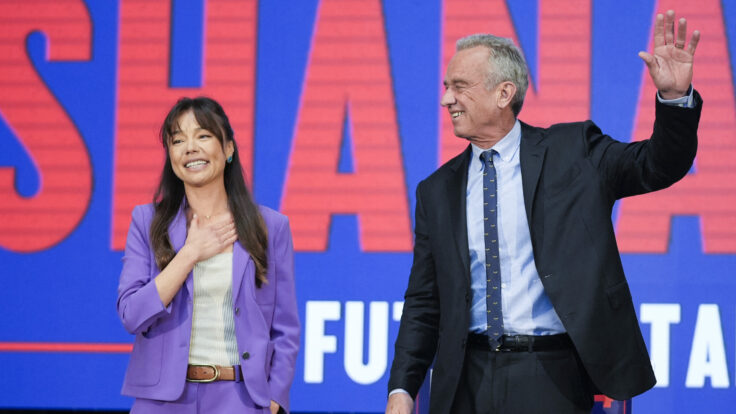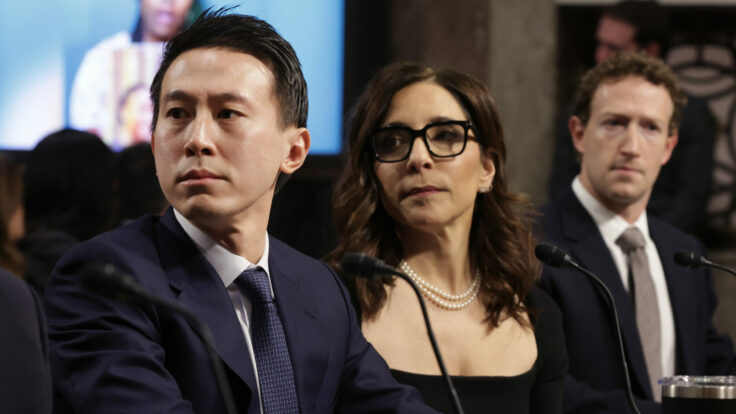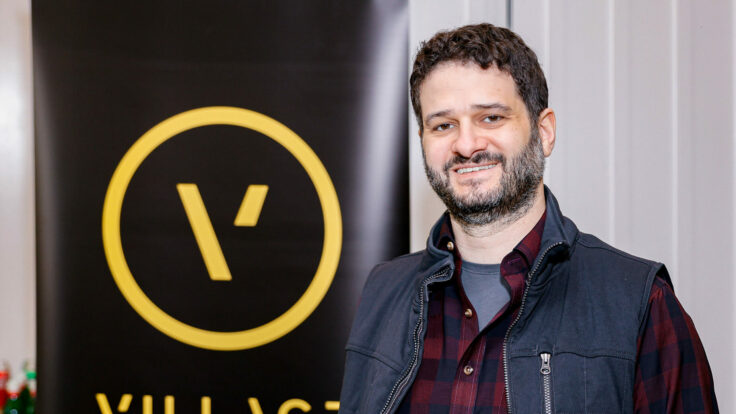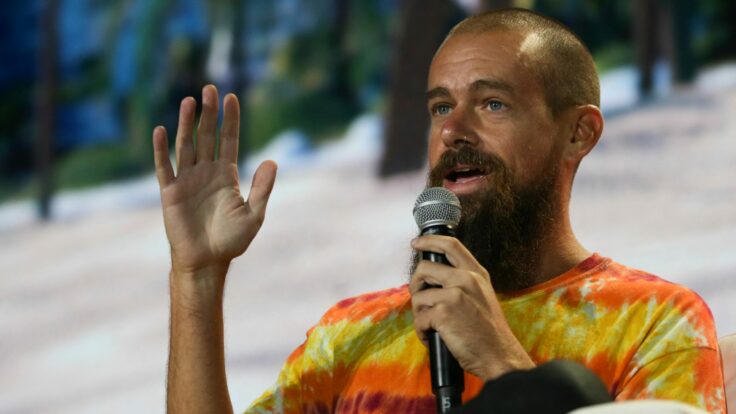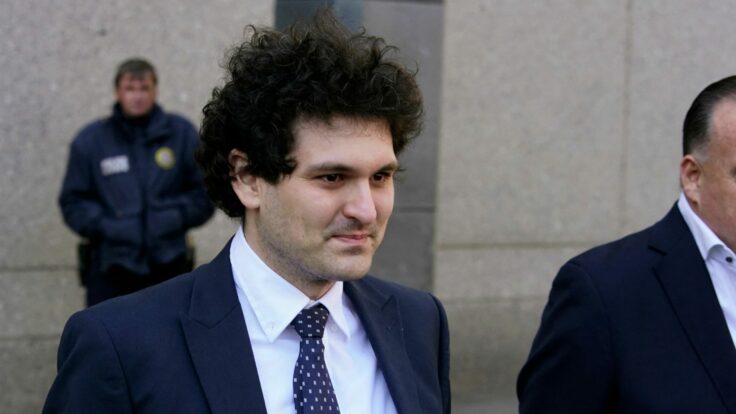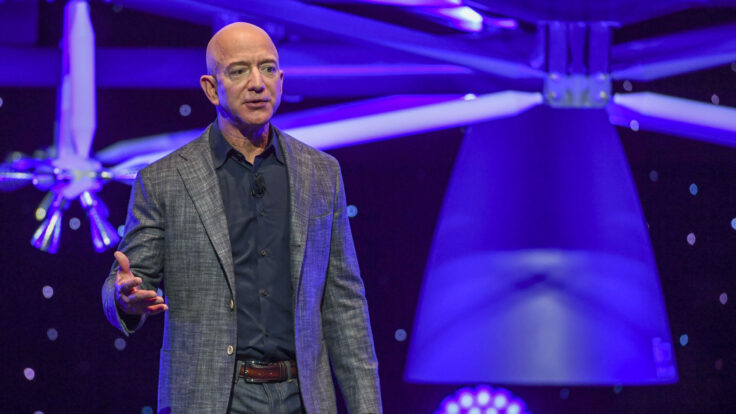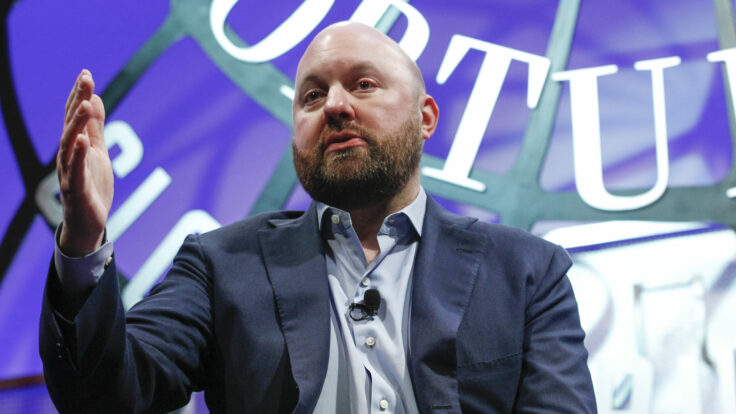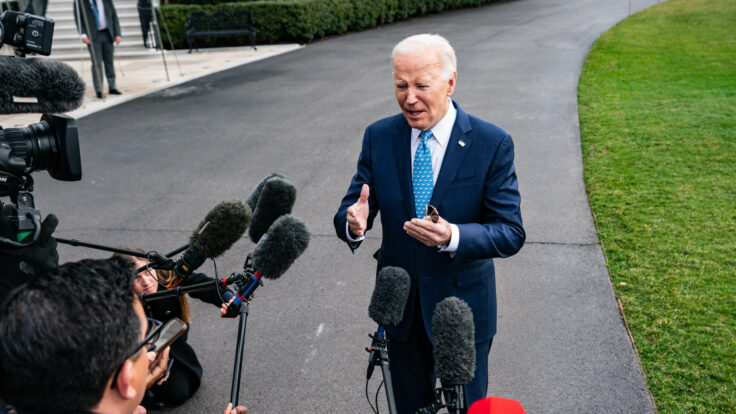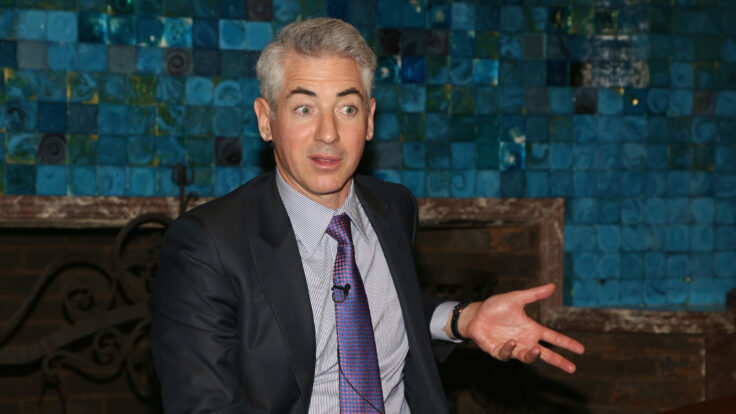One of the great sources of chatter in G.O.P. donor circles, as I’ve reported, is what role Peter Thiel will play in the 2024 campaign cycle and beyond. Thiel was the singular financial backer behind Senate candidates J.D. Vance, now Senator-elect in Ohio, and Blake Masters, who lost in Arizona. Republicans have been squinting for months to assess whether Thiel was for real when it came to electoral politics, and what his split result in the midterms might portend for his interest going forward.
Publicly, Thiel is as inscrutable as ever, but it’s safe to say he hasn’t been energized by the outcome. Thiel, sources close to him have told me, is profoundly disappointed by the fate of Masters, who lost a race that some Republicans thought was eminently winnable, despite Thiel pouring some $18 million to boost his campaign. Thiel could plausibly blame himself, given that he declined to reinvest substantial money into the general election despite repeated entreaties. Nevertheless, I’ve heard Thiel feels the Masters team, including his staff, did not run a great race. And while Thiel was instrumental in electing Vance to the Senate—I personally would judge Thiel’s midterms record with one Senator and one nominee as a success—Thiel badly wanted both his candidates to win, and is naturally extremely downcast that Masters lost. (“Completely blackpilled,” after Arizona, as one person close to Thiel’s orbit put it.)









